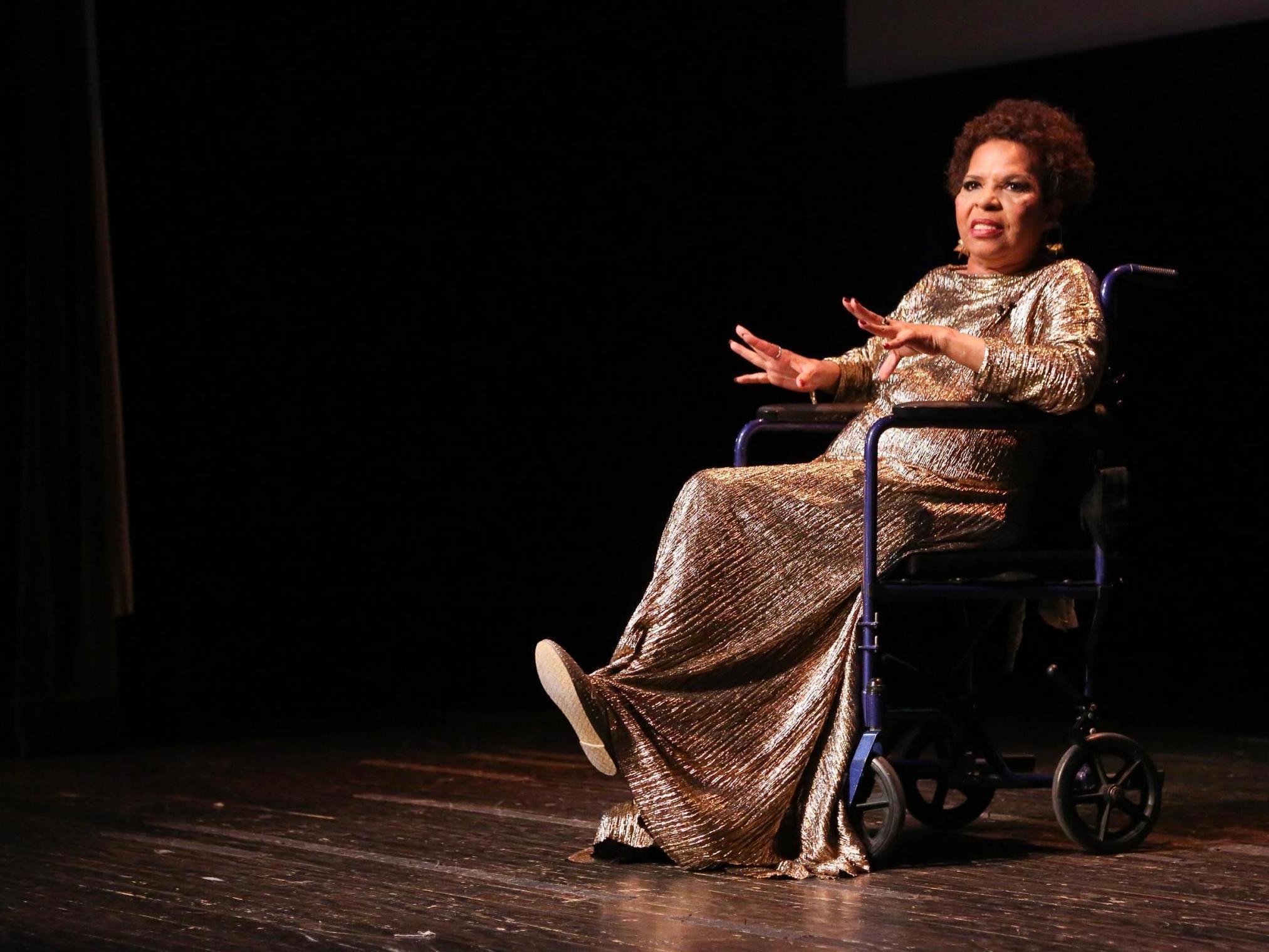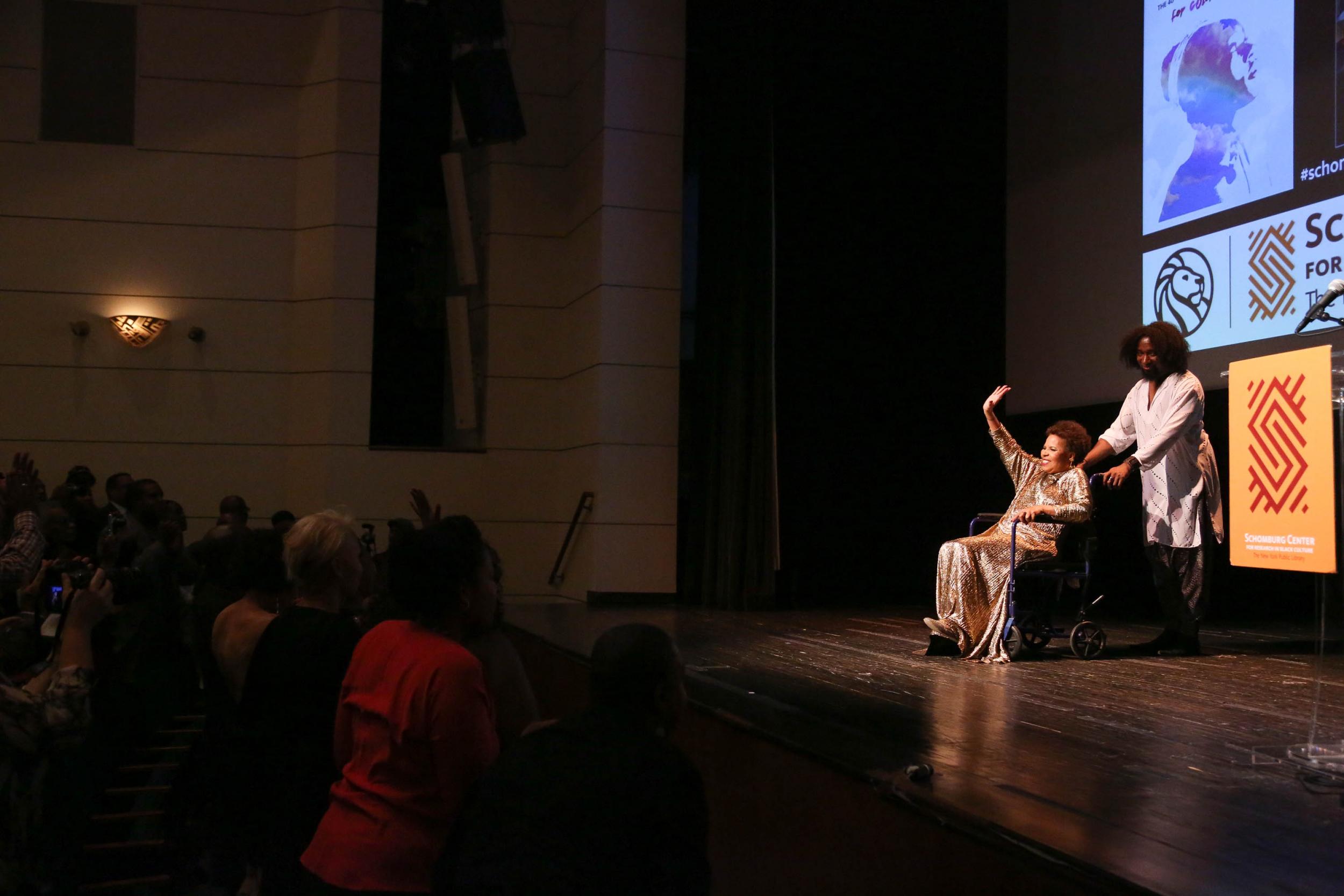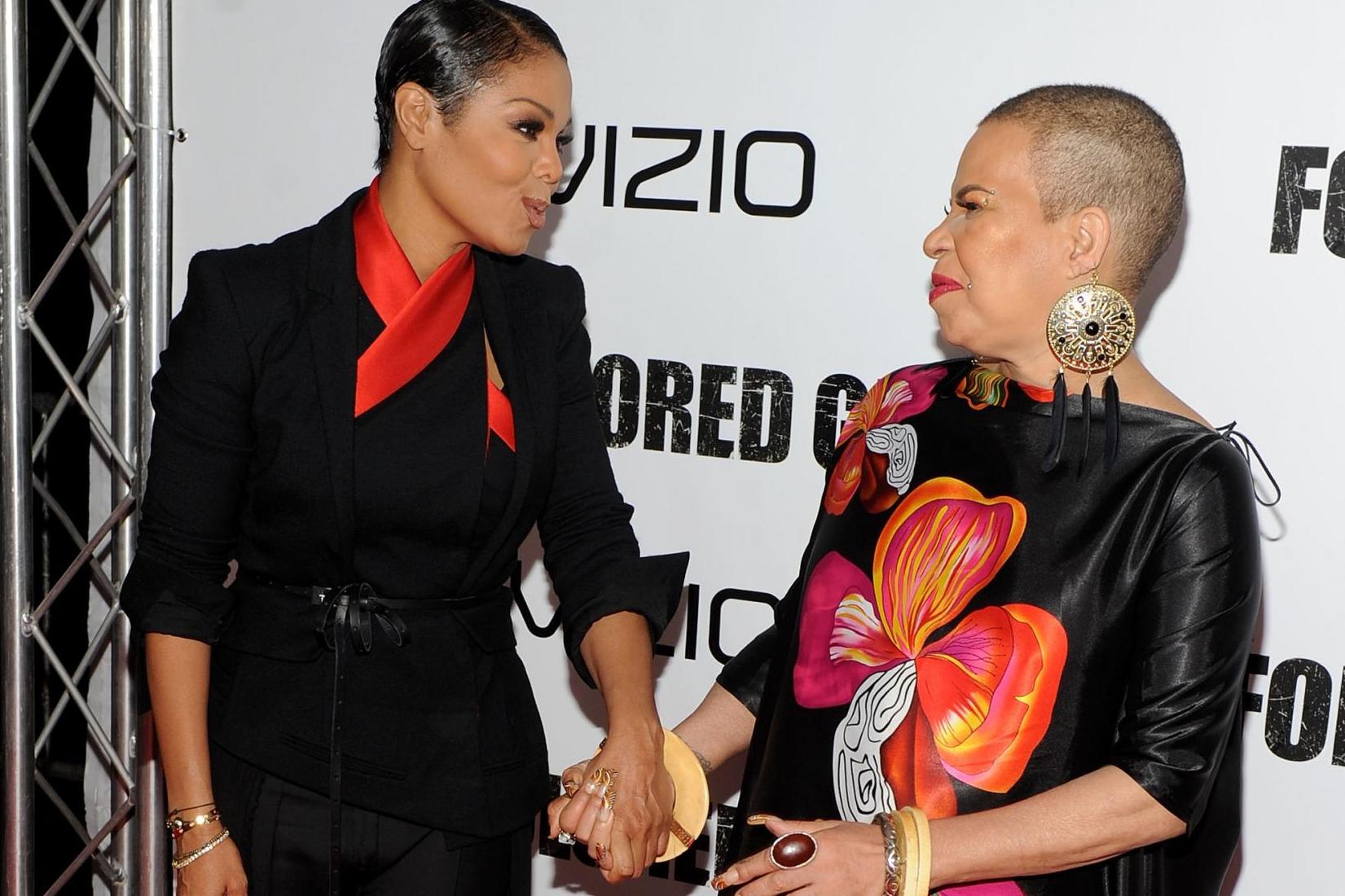Ntozake Shange: writer who broke race and gender barricades in the US
In nearly 50 plays, novels, children’s books, and poetry and essay collections, she established herself as one of the most distinctive voices in American letters

Ntozake Shange was the feminist poet and playwright who brushed aside linguistic conventions, racial barriers and criticism from her male peers to compose works of bracing honesty and searing beauty – most notably her 1976 theatrical debut, For Colored Girls Who Have Considered Suicide / When the Rainbow is Enuf.
In recent years, Shange, who died aged 70, she suffered from a neurological disorder that prevented her from typing or using a pen, forcing her to write with voice-recognition software.
Raised in segregated St Louis, where she was one of the first black children to integrate into the city’s all-white public schools, Shange grew up amid the political ferment of the civil rights movement and was a teenager when the Black Arts Movement took root in the mid-1960s. As authors such as Amiri Baraka published works addressing racism, oppression and the struggle for liberation, Shange began to feel that the voices of black women like herself were missing from the chorus.
“There was nothing to aspire to, no one to honour,” she once said, recalling a childhood filled with few strong black female figures. “Sojourner Truth [the 19th-century abolitionist] wasn’t a big enough role model for me. I couldn’t go around abolishing slavery.”
In nearly 50 plays, novels, children’s books, and poetry and essay collections, Shange went on to establish herself as one of the most distinctive voices in American letters, a stylistic innovator who blended forms and genres to address themes of women’s empowerment, racial inequality, domestic abuse, abandonment and self-respect.

Born Paulette Linda Williams, she adopted a Zulu name in the early 1970s, selecting Ntozake, which means “she who comes with her own things”, and Shange, meaning “one who walks like a lion”, before landing in New York with an early, heavily improvised version of For Colored Girls.
Inspired by the work of lesbian poet Judy Grahn, the play was written as a “choreopoem”, setting monologues and modern dance to a jazz soundtrack. Its characters were referred to only by the colours they wore on stage – red, blue, purple, yellow, brown, green and orange – and recited monologues in verse, discussing abortions, failed relationships, lost children and squandered lives.
In one of the play’s most memorable lines, the Lady in Red says: “i found god in myself & i loved her/i loved her fiercely.” (Shange was particular about the type she used.)
Another character shouts: “i will raise my voice/& scream & holler/& break things & race the engine/& tell all yr secrets bout yrself to yr face.”
For Colored Girls was the second play by an African-American woman to appear on Broadway, following Lorraine Hansberry’s A Raisin in the Sun.
“Black sisterhood. That is what Ntozake Shange’s totally extraordinary and wonderful evening ... is all about,” wrote New York Times theatre critic Clive Barnes. “It has those insights into life and living that make the theatre such an incredible marketplace for the soul. And simply because it is about black women – not just blacks and not just women. It is a very humbling but inspiring thing for a white man to experience.”
The play “rocked the socio/cultural moment”, said writer Marita Golden, who co-founded the Hurston/Wright Foundation, a resource centre for black writers that honoured Shange with its career achievement award one week before she died.

Golden added that Shange “allowed her black women to speak the unspeakable about relationships with black men in a way that was particularly thunderous” at a time when writers such as Toni Morrison, Alice Walker and Gloria Naylor were telling similar stories about African-American women.
Perhaps as a result, Shange was pilloried by some African-American critics and writers, including Baraka and Ishmael Reed, who claimed her work smeared black men as violent, unfaithful womanisers. In one scene – drawn from real life, according to Shange’s friend Thulani Davis, a writer and African-American studies scholar – a woman is threatened by her boyfriend, who drops her children out of a window.
“These scenes were familiar to the audience,” said Davis, who helped Shange assemble and order the play’s monologues. “She opened up something that women could experience suddenly, collectively, in the theatre. Suddenly, there’s a room full of people that understand what you haven’t ever told anybody about some trauma that you’ve experienced.”
The oldest of four children, Shange was born in Trenton, New Jersey, in the late 1940s. Her father was a surgeon and her mother was a psychiatric social worker; both were politically active and mixed with a crowd that included musicians Miles Davis and Dizzy Gillespie, as well as the sociologist WEB Du Bois.
She lived in St Louis and then in Trenton before graduating from Barnard College in Manhattan in 1970. By then, she had married and separated from her first husband, a law student, and attempted suicide several times. She had also begun to find her voice as a poet, according to Davis, a Barnard classmate who said they performed together after receiving advice from members of the Last Poets, an early hip-hop group.
Shange received a master’s degree in American studies from the University of Southern California in 1973 and settled in New York two years later, joined by a friend, choreographer Paula Moss, who created the dances for an early version of For Colored Girls.
Their production of the work, at venues including the Nuyorican Poets Cafe in the Lower East Side, drew the attention of Woodie King Jr., a producer who helped polish the verses into a play. It received an Obie Award and a Tony Award nomination for best play. For the first three weeks on Broadway, it featured Shange as the Lady in Orange.
The play was adapted into a 2010 movie by director Tyler Perry, starring Thandie Newton, Anika Noni Rose, Kerry Washington and Janet Jackson.
In the aftermath of For Colored Girls, Shange said she struggled with substance abuse, bipolar disorder and eventually physical illness. Still, she continued to write, churning out theatrical works that included Spell No 7 in 1979, which featured black actors discussing the indignities of working in a white-dominated industry, and Lost in Language and Sound: Or How I Found My Way to the Arts in 2013, an autobiographical piece she described as a “choreoessay”.
As a writer, Shange was well-known for a style that mimicked natural speech, using slash marks, unusual spellings and abbreviations to “reflect language as I hear it”. Her books included the novel Some Sing, Some Cry (2010), written with her sister Ifa Bayeza, about seven generations of an African-American family; and the poetry collection Wild Beauty: New and Selected Poems (2017), which included Spanish-language translations that Shange commissioned to reach readers in Latin America.
She taught at several universities and received a Guggenheim Fellowship as well as honours including a Pushcart Prize.
Her marriages to artist McArthur Binion and jazz musician David Murray ended in divorce. In addition to her daughter, from her marriage to Binion, survivors include two sisters; a brother; and a granddaughter.
In interviews, Shange often said that she sought to build a legacy in which black culture was memorialised and preserved. When asked if poetry was capable of doing this, she was steadfast.
“You have to keep acting like it is enough,” she told a few friends in 2013, according to the New York Times. “You have to keep affirming it, and bringing yourself to it. You have to keep hoping that it will move the mountain.”
Ntozake Shange, writer, born 18 October 1948, born died 27 October 2018
© Washington Post
Join our commenting forum
Join thought-provoking conversations, follow other Independent readers and see their replies
Comments
Bookmark popover
Removed from bookmarks